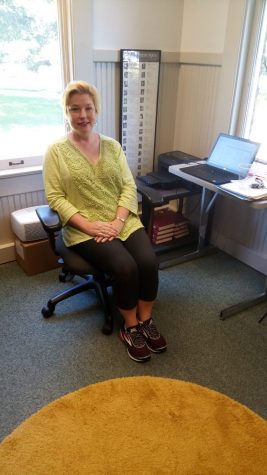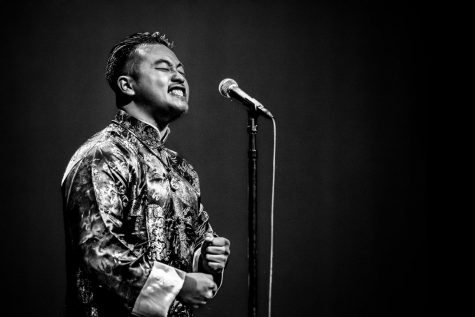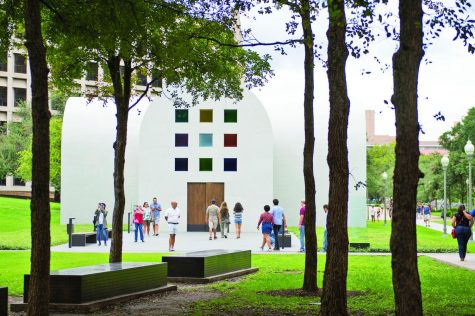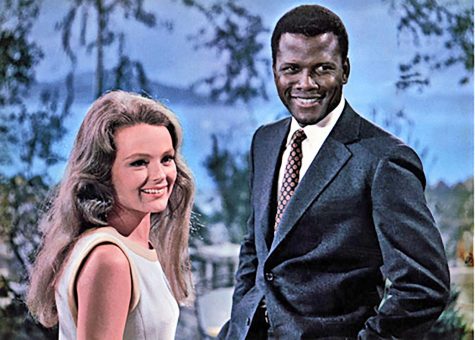Coheed and Cambria experiments with fifth album
“Year of the Black Rainbow,” the fifth album from New York’s Coheed and Cambria, may be their most experimental album to date. “Year of the Black Rainbow” tells the prequel to the epic story birthed in “The Second Stage,” which tied all of the Coheed albums together. Frontman Claudio Sanchez collaborated with comic book writer Peter David to write a novel complimenting the themes and tales in “Year of the Black Rainbow.” It was released with the album.
In their latest work, Coheed and Cambria pull a variety of genres into their typically metal-driven tunes. The track “Guns of Summer” can be best described as an electronic-dance-metal tune layered with ghostly vocal harmonies, while “Here We are Juggernaut” sounds like an amped-up Dashboard Confessional song.
“Far” begins like a contemporary Christian-rock anthem but opens into an ‘80s-esque pop song. Similarly, “Pearl of the Stars” is reminiscent of a sappy, ‘90s boy band, love song mixed with an industrial-electronic beat, but the effect works surprisingly well for the metal-heads. It seems Coheed is following the road that many other alternative bands have taken, hoping to expand their audience by adopting mainstream pop formulas into their songwriting.
Fans of Coheed’s more traditional, heavy rocking tunes don’t need to worry about the band ditching their original style. Driving, distorted tracks such as “The Broken,” “Here We are Juggernaut” and “Where Skeletons Live” aren’t anything special for Coheed, but they will satisfy those head-banging urges.
As the final and title track, “Year of the Black Rainbow,” began to play, the album felt—in some way—incomplete. Amidst the dabbling experimentation, not one song stood out as fantastic. A tune to define and unite the album, giving it that extra punch, was blatantly absent.
Longtime fans, depending on their musical open-mindedness, will either be refreshed or disappointed by Coheed’s experimentation in “Year of the Black Rainbow,” but newcomers will be best off diving into their earlier works.





